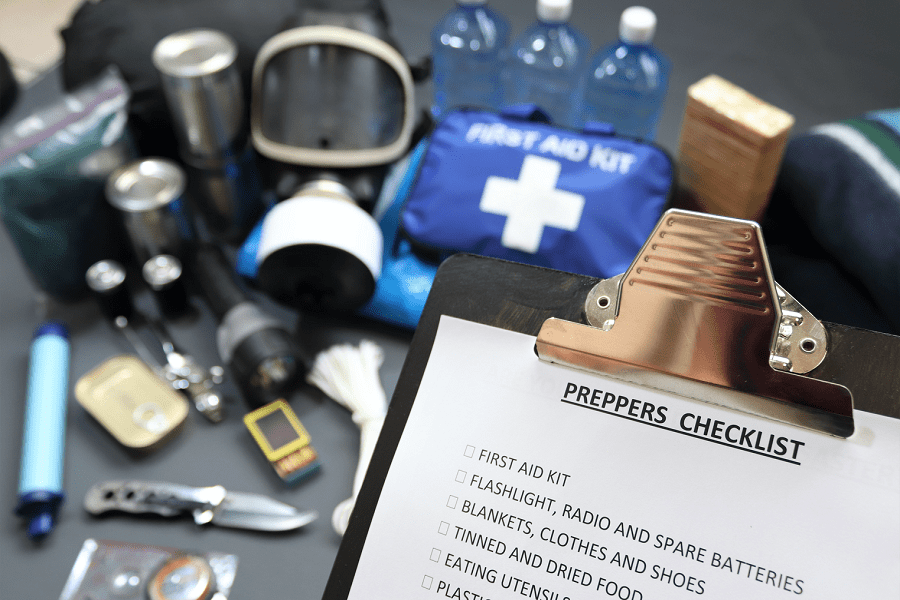12-Months of Prepping: Get Organized

I have to admit it. I wasn’t a prepper, but working at Nutrient Survival helped me
realize how important it is to be ready for the unexpected. So I wanted to share some tips with you that I’ve learned along the way.
It can be overwhelming when you first start prepping. Where do I start? What should my focus be? What kind of supplies do I need? What if I’m not ready for when SHTF?
If the last two years have proven anything, it’s that we all need to be ready for the unexpected. The goal of this blog is to help guide new and seasoned survivalists to be ready for anything.
First things first, get organized. Doing so will:
-
Let know what you have and what you still need.
-
Give you some direction to prioritize Needs vs. Wants.
-
Help make things easier and quicker to find.
-
Identify any strengths or weaknesses in your SHTF plan.
- Prevents you from losing track of things you may already have, and that you might mistakenly buy again. That’s a big waste of your valuable resources.
January
With all that said, January is the perfect time for renewal. That’s why your initial focus should be on Goals and Financial Preparations. Both are important foundations for getting started on a successful and organized prepping journey.
Make a Plan and Get started:
- Set goals for getting prepared this year and compare them to last year’s goals. What were you able to accomplish? What’s still remaining? Consider adding, amending, removing based on your plan.
- Research and listen to the experts. You’re not alone in wanting to be prepared. The internet is packed with advice to help you.
- Create a preparedness supplies checklist. This will help you to learn what you have and what you still need.
-
Set a budget. How much can you invest weekly, monthly, yearly to getting prepped?
- Get Tech Ready. Download apps or join lists for real-time alerts, safety tips, and shelter information. Make sure your loved ones are ok by setting up a text list to check in with them during emergencies.
Thanks for reading. Be on the look out for more monthly preparedness tips!
Tags
prep tipsCheck out our latest articles
Zero risk. Only gains.
100% Risk Free
Your complete satisfaction guaranteed or your money back.
Made by Real People
Made and packaged in our facility right here in the USA. Any issues, just give us a call.
Free Shipping
Free shipping on orders $99.99+. Always out the door in a day or two straight to your home.
For more information, please visit our Terms of Service. Learn More
Zero risk. Only gains.
100% Risk Free
Your complete satisfaction guaranteed or your money back.
Made by Real People
Made and packaged in our facility right here in the USA. Any issues, just give us a call.
Free Shipping
Free shipping on orders $99.99+. Always out the door in a day or two straight to your home.
For more information, please visit our Terms of Service. Learn More










